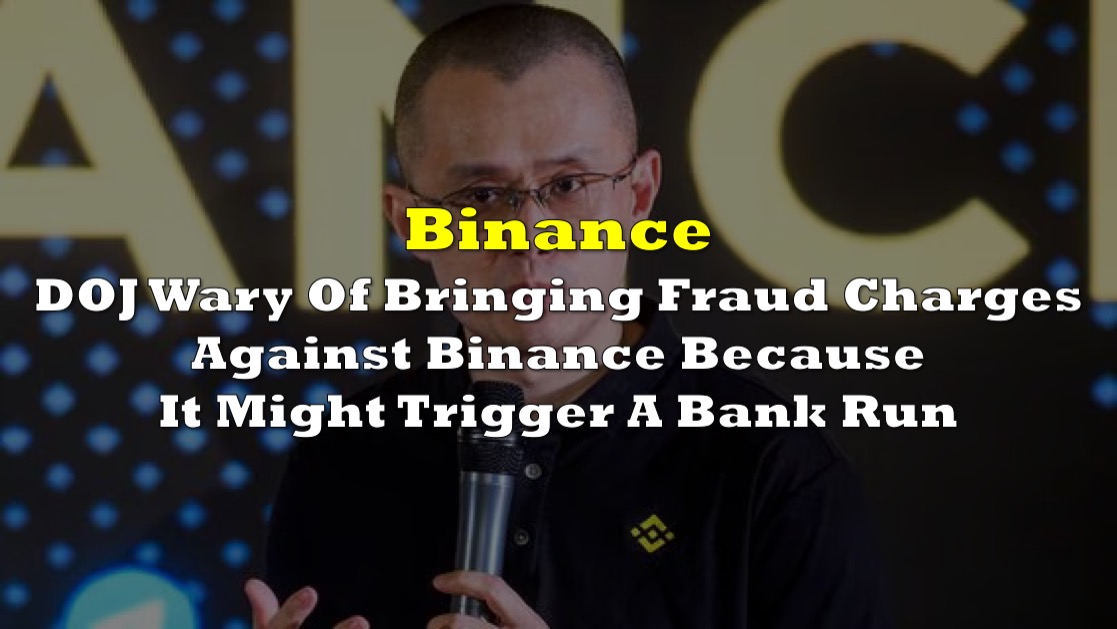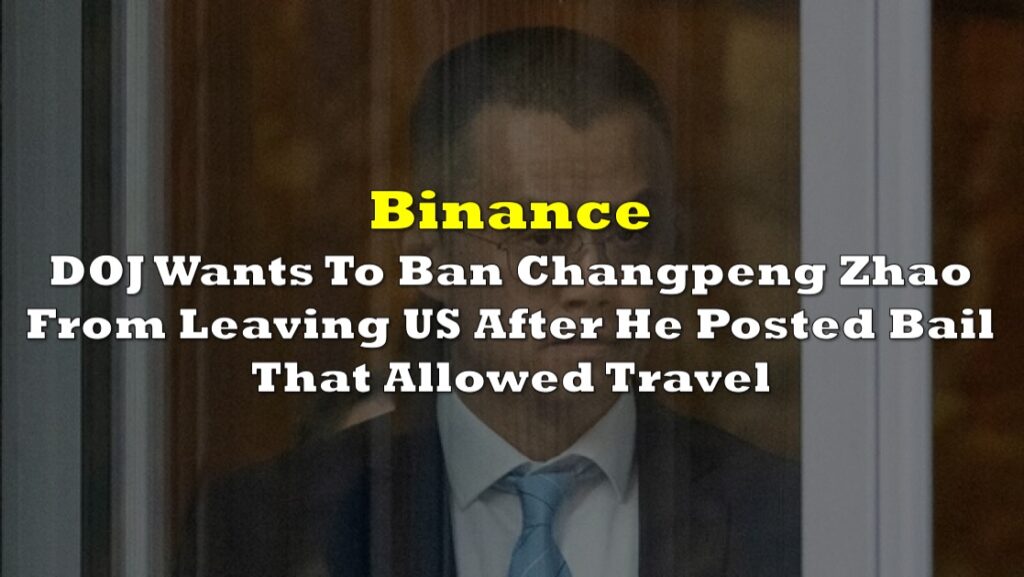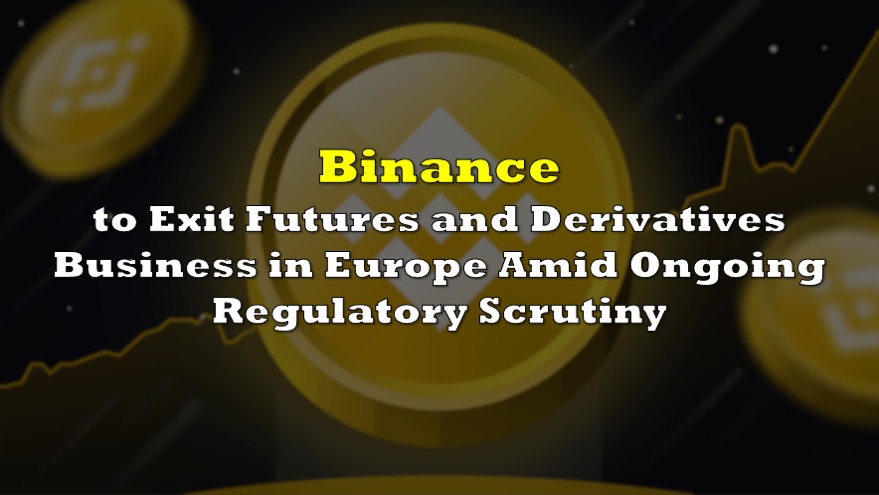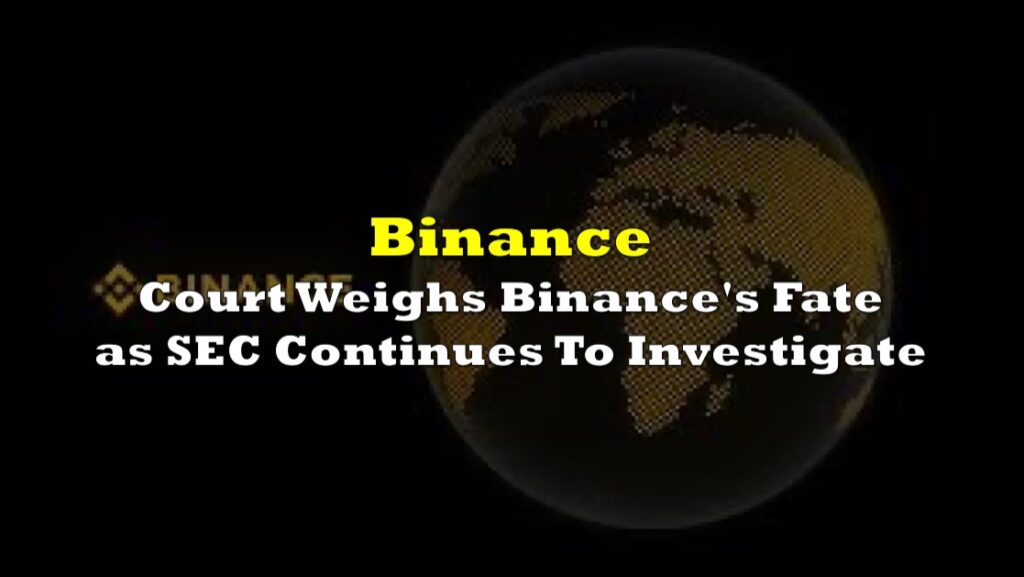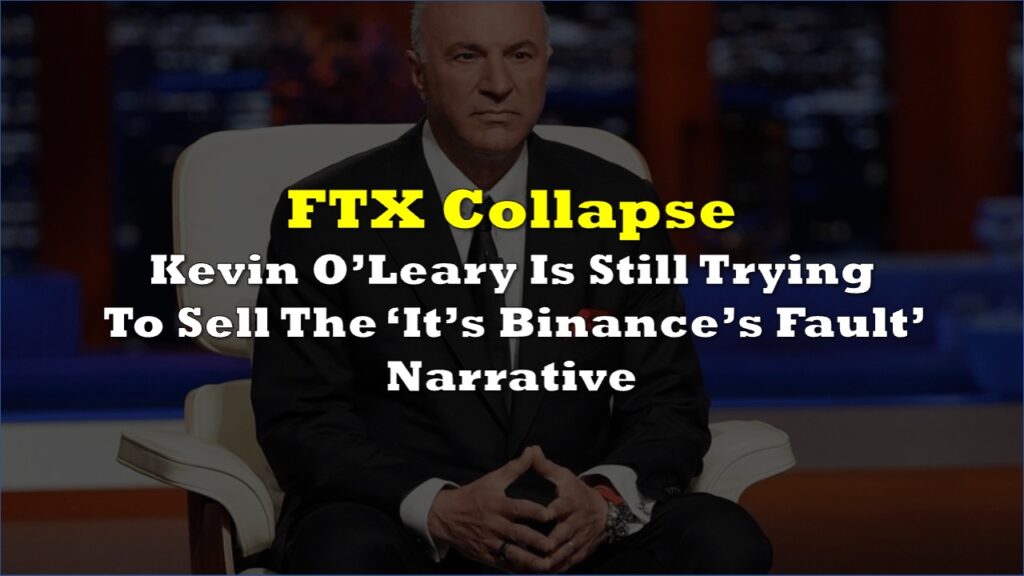The United States Department of Justice (DOJ) is reportedly contemplating potential fraud charges against cryptocurrency exchange Binance. However, the department is facing a dilemma due to concerns about the potential negative impact on consumers if they pursue an indictment.
These concerns arise from the fear of a similar “run on the exchange” scenario that occurred with FTX in November 2022.
The DoJ is worried that indicting Binance could incite a bankrun, which could harm users in the case of an insolvency.
— Dylan LeClair 🟠 (@DylanLeClair_) August 2, 2023
Just a friendly reminder that this wouldn't be a worry for an exchange that is 1:1 backed and doesn't commingle customer funds. pic.twitter.com/vRXcBtQ7cX
According to insiders, prosecutors are contemplating alternative approaches, including the possibility of imposing fines or pursuing deferred or non-prosecution agreements. This course of action would represent a middle ground, allowing Binance to be held accountable for the alleged criminal activities while minimizing the negative impact on consumers.
Binance has already been the subject of a criminal investigation in the U.S. for allegedly violating the country’s sanctions on Russia. Additionally, the U.S. Securities and Exchange Commission filed a lawsuit against the exchange in June, accusing them of offering unregistered securities and operating illegally. The Commodity Futures Trading Commission also targeted Binance and its CEO, Changpeng “CZ” Zhao, in March for alleged violations of trading and derivatives regulations.
The potential consequences of filing criminal charges against Binance or CZ in the U.S. are uncertain and could have broader implications for the crypto space. Notably, other prominent figures in the industry, such as former FTX CEO Sam Bankman-Fried and former Celsius Network CEO Alex Mashinsky, are currently facing fraud charges related to their respective companies’ actions.
In a recent X (formerly Twitter) thread, blockchain analytics company ChainArgos’ general counsel Patrick Tan expressed his skepticism over the alleged hesitancy of the DOJ in pursuing fraud charges against Binance. The thread began with Tan questioning the rationale behind the DOJ’s reluctance to proceed with fraud charges against Binance. Referring to a recent report about the DOJ’s alleged concern for the potential cost to consumers, Tan seemed unconvinced, suggesting there might be more to the story than meets the eye.
“I am not for a moment suggesting any centralized #crypto exchange is safe or unsafe, you make the bed you sleep, but I’m sorry, anyone still on @binance has had months of warnings, lawsuits and “signs” to indicate all may not be as well,” he tweeted.
He instead summed that the DOJ’s actions are just helping to portray Binance as “Too Big to Fail,” creating a perception of safety for traders on the platform. Drawing attention to the ongoing SEC and CFTC lawsuits against Binance, Tan challenged the idea that the DOJ’s hesitation should be held responsible for potential repercussions.
“#Crypto exchanges aren’t Schrodinger’s Cat – they can’t have and not/have the assets of their users based on who’s checking the balances. And I’m sorry, since when did exchanges start running fractional reserve custody?” he added.
2. For reasons I will now articulate, this sounds more like a well-thought-out strategy to paint @binance as "Too Big to Fail" and make it seem like a "safe" forum to trade on.
— Patrick Tan (@Patrick_TanKT) August 3, 2023
As of now, no criminal charges have been filed against Binance or its U.S. counterpart, Binance.US. While Binance recently announced the launch of Binance Japan on Aug. 1, there have been reports circulating about the company conducting billions of dollars’ worth of crypto-related business in China and considering the possibility of shutting down Binance.US to protect itself. Binance has denied the China-related reports and refrained from commenting on the alleged consideration to close its U.S. operations.
Information for this briefing was found via Coin Telegraph and the sources mentioned. The author has no securities or affiliations related to this organization. Not a recommendation to buy or sell. Always do additional research and consult a professional before purchasing a security. The author holds no licenses.

